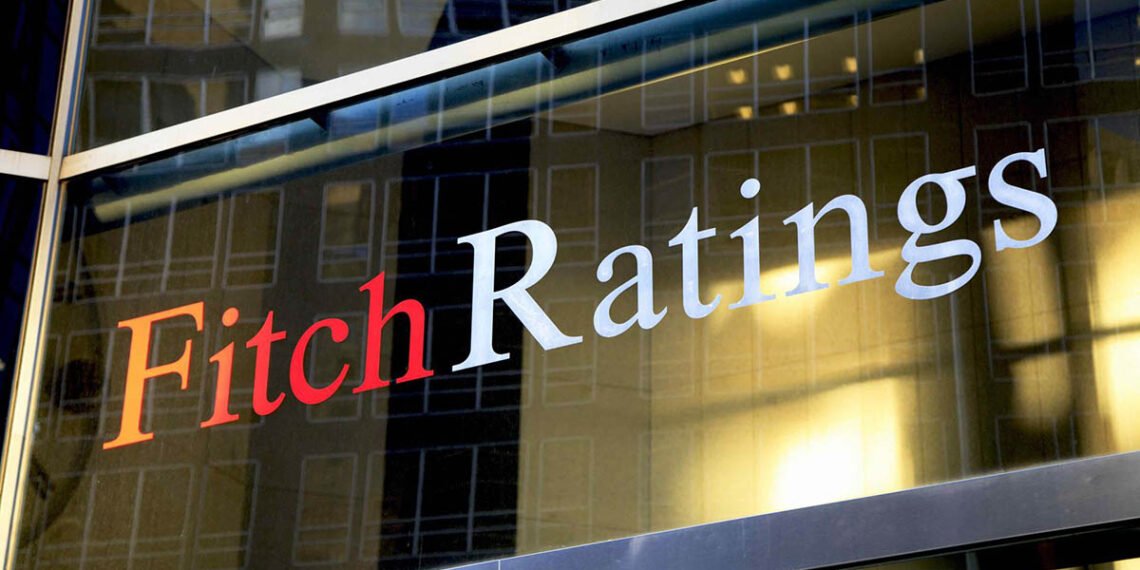Corporate governance risks escalate for Adani group companies as Fitch Ratings flags potential contagion following US bribery allegations. AESL and AEML’s ‘BBB-‘ ratings face scrutiny, with investigations likely to impact funding access and credit costs.
By PC Bureau
Fitch Ratings has placed Adani Energy Solutions Limited (AESL) and Adani Electricity Mumbai Limited (AEML) under scrutiny, assigning a Rating Watch Negative (RWN) to their credit profiles. Specifically, AESL’s Long-Term Foreign- and Local-Currency Issuer Default Ratings (IDRs) of ‘BBB-‘, along with the ‘BBB-‘ ratings on senior secured notes issued by AEML and AESL’s subsidiary, Adani Transmission Step-One Limited, are now under RWN. This action follows bribery charges and the indictment of certain board members of Adani Green Energy Limited (AGEL) by the US Securities and Exchange Commission (SEC) and Department of Justice (DOJ).
The RWN reflects heightened corporate governance risks and the potential for contagion, which could undermine the funding access and liquidity of Adani group entities rated by Fitch. On November 20, 2024, three AGEL board members were indicted by US authorities on allegations of bribery and providing false and misleading statements to investors during a 2021 offshore bond offering. The Adani group has denied the allegations.
Although the charges are directed at AGEL, they raise concerns about the broader governance practices within the Adani group. Two of the indicted individuals are founding shareholders and trustees of the S.B. Adani Family Trust, which holds a controlling interest in AESL and AEML. Their positions on the boards of multiple Adani-related entities further amplify the risk of contagion across the group.
Fitch will closely monitor developments, particularly for any adverse impact on the financial flexibility of the rated entities, including the ability to secure or renew funding and potential increases in borrowing costs.
Key Rating Drivers
Sufficient Near-Term Liquidity:
AESL and AEML currently face limited near-term liquidity risks. AESL’s cash reserves at the end of September 2024 exceed its debt maturities and near-term capital expenditure (capex), supported by a USD 1 billion qualified institutional placement in August 2024. Its next significant debt obligation, USD 500 million, is not due until August 2026.
Similarly, AEML benefits from a favorable debt structure, with over 90% of its obligations comprising bullet maturity US dollar notes, the earliest of which matures in 2030. Its operating cash flows are expected to cover most capex requirements, and its cash balance is sufficient to handle minimal near-term maturities.
Medium-Term Funding Challenges:
While near-term liquidity appears secure, Fitch anticipates potential medium-term funding challenges. The bribery allegations could restrict the group’s access to international markets, potentially affecting AESL’s growth plans, despite some flexibility in its capex. A greater reliance on onshore funding may increase refinancing risks, and rising borrowing costs could constrain operating cash flows.
For AEML, the regulatory framework allows for the pass-through of operating and interest costs to consumers, mitigating the impact of rising borrowing costs on its credit profile.
Elevated Corporate Governance Risks:
The bribery allegations have intensified corporate governance concerns for Adani group entities. Convictions or evidence of governance weaknesses emerging from ongoing investigations could lead to negative rating actions. Fitch will evaluate any findings that indicate deficiencies in internal controls or governance practices.
Outlook
Fitch remains vigilant regarding potential implications of the US investigations, particularly their impact on the funding, liquidity, and governance profile of Adani-rated entities. Any material deterioration in funding access, increased credit costs, or governance concerns could lead to further negative rating adjustments.














